12 of the most-read articles in PC Gamer's website history
We keep on making this website, and people keep on reading it.
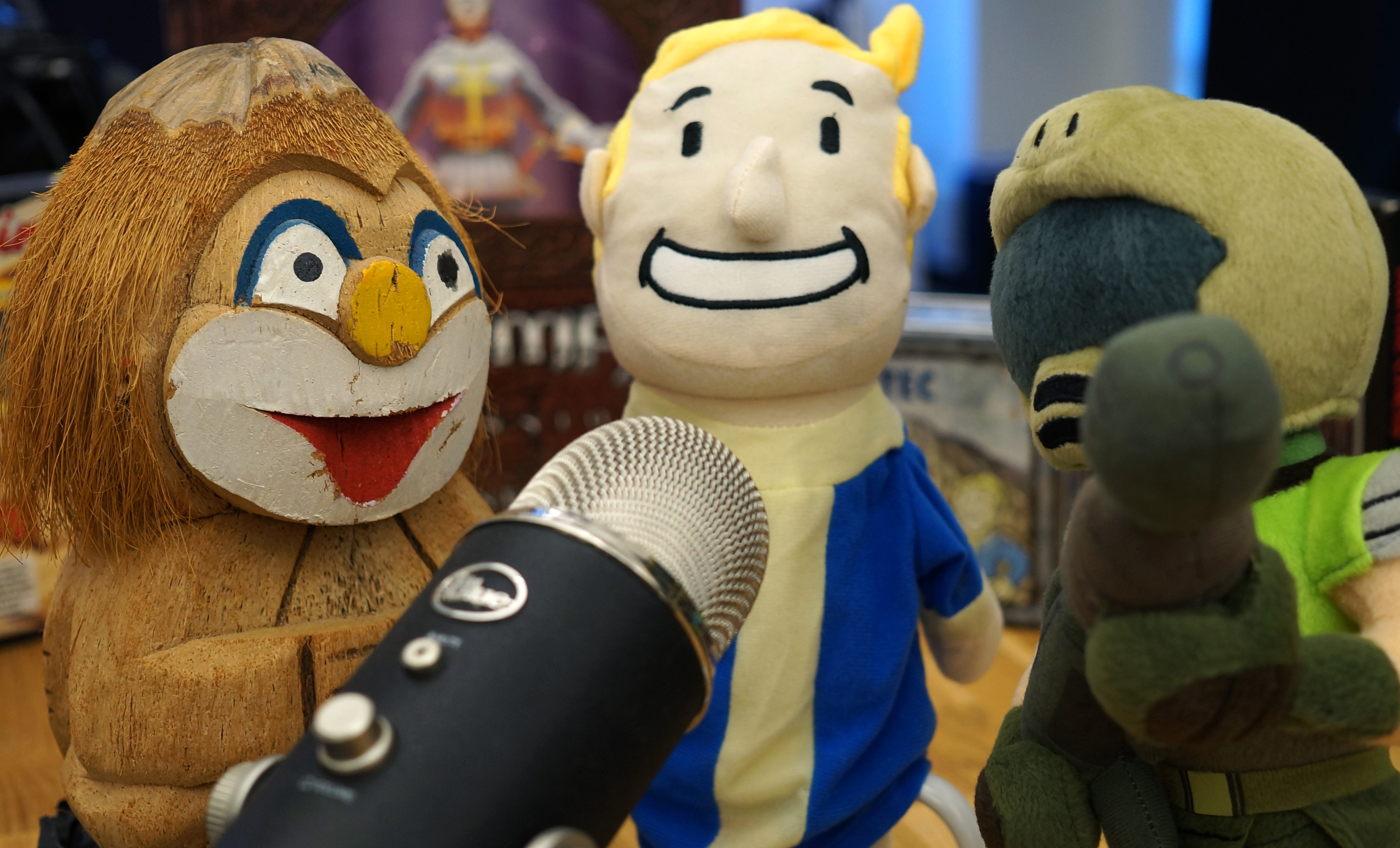
On November 18, 2013, PC Gamer editor Evan Lahti casually rotated his monitor to give a colleague from our sister site GamesRadar a better view of the screen and the giant number in its center.
It was over 9,000. It was over 10,000, and still going up—on any given normal day in 2013, PCGamer.com might have 1,200 people reading it simultaneously, but on this day traffic was 10 times the usual and climbing. Evan had introduced the Large Pixel Collider, a "computer of uncomfortable power," and an r/Games post about the LPC went viral, hitting the front page of Reddit a few hours later. That's the kind of success you really have to rub in a coworker's face at least a little bit.
It was a big moment for PCGamer.com, which until 2010 had served more as a landing page for the magazine than a proper website. As we wrote about in a retrospective look at our own website, PCGamer.com has changed a lot since then, when we had two distinct magazine teams in the US and UK and barely anyone fully focused on this "internet" thing that our magazine publisher was still a little skeptical about.
The website has certainly been a work in progress since then—that's my excuse for not being able to tell you exactly how many people read about the Large Pixel Collider, anyway, because our traffic data doesn't actually go that far back. But since our records do kick in around 2014, there's been a lot of progress. PC Gamer articles have been read more than four billion times; we were back on Reddit's front page with stories about Belgium declaring war on loot boxes, EVE Online players paying tribute to Stephen Hawking, and many more.
For our 30th anniversary I peeled back the curtain just a bit and talk about a selection of some of the most-read articles in PC Gamer's history. Just pretend I'm turning my monitor your way so you can see the really big numbers.
Caveat: Our analytics tools have returned some strange results as I look deep into PCGamer.com's past, sometimes highlighting articles with millions of views and other times omitting them completely. These numbers also don't reflect changes to URLs or some other fiddly things about our website. There's nothing scientific about how I do data science, apparently.
12. Please stop making Discord servers for things that shouldn't be Discord servers: May 16, 2022
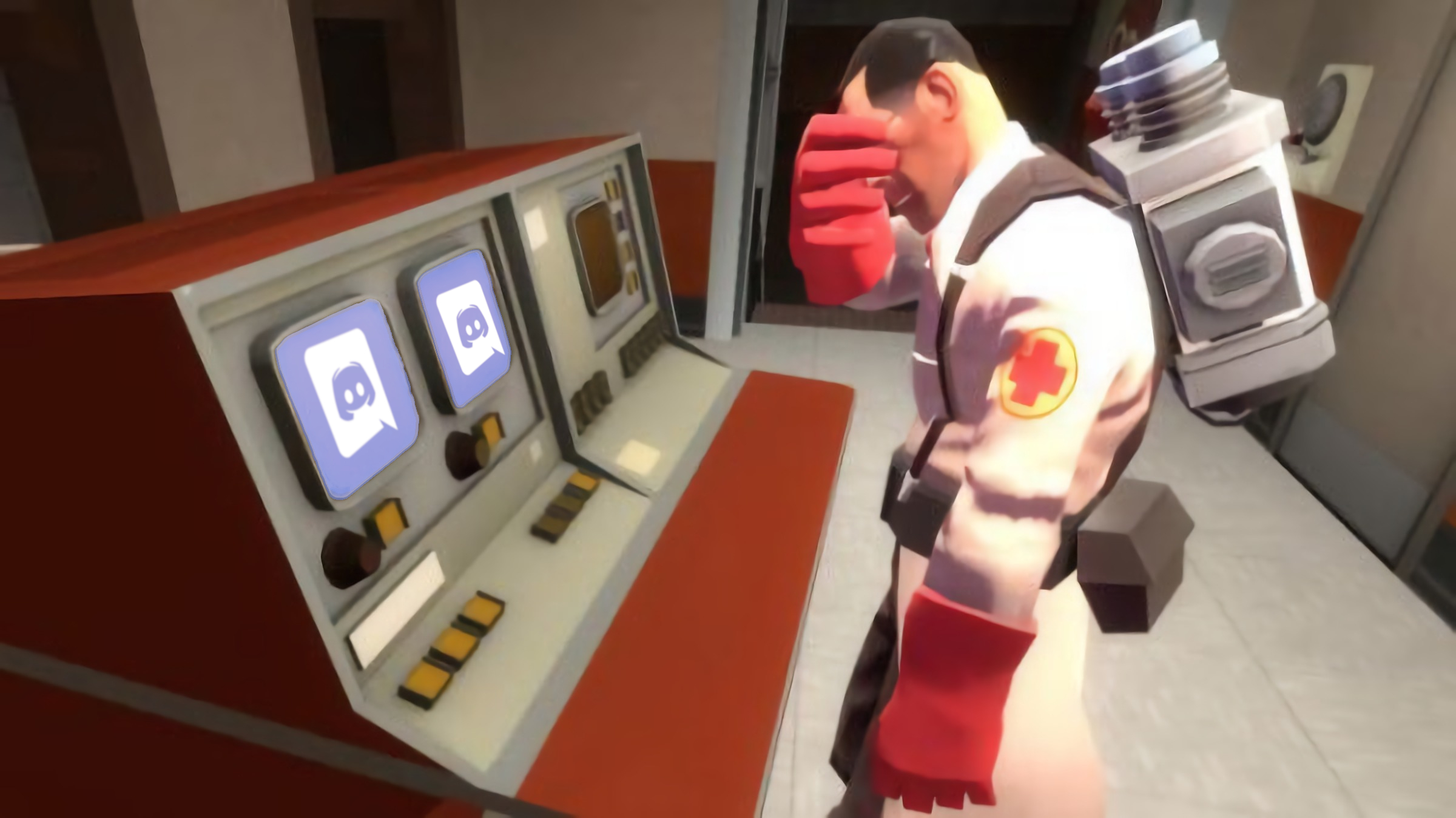
By Lauren Morton
500,000+ readers
The biggest gaming news, reviews and hardware deals
Keep up to date with the most important stories and the best deals, as picked by the PC Gamer team.
I love Discord, and I imagine most PC Gamer readers do, too. But this editorial resonated for a reason: Discord shouldn't be the be-all, end-all form of gaming information, much as it might want to be. Over the last couple years we've seen game studios run into crises of their own making with out-of-control servers that become moderation nightmares; more concerning, we've seen mods and technical support move from far more permanent, archivable forums into intangible Discord chats where the same questions inevitably get asked and answered a million times.
It's so much harder to search for solutions with knowledge locked away in chat rooms! It's bad for the internet, and could one day go from bad to disastrous if Discord dies. It needed to be said, and Lauren said it.
11. Download the Minecraft demo: April 11, 2011

By Evan Lahti
650,000+ readers
How big a deal was Minecraft back in 2011? Well, big enough for this article to make it into the top 250 posts ever published on our website, even though the relaunched PC Gamer website had been online for less than a year, the demo was a whopping 4 megabytes, and our traffic data doesn't even include the first three years of this article's life.
The same Minecraft demo was first available on the demo disc of the June 2011 issue of the magazine, which had Portal 2 on the cover. This was after the debut of the Minecraft alpha in 2010, but a few months before the 1.0 release in November 2011. Despite it being quickly outdated, people were still interested enough in the demo to be landing on this page years later, receiving hundreds of visits per day as late as 2017.
10. I just found out what wi-fi means and it's sending me: July 26, 2022

By Hope Corrigan
700,000+ readers
God, I love a revelation story. This is the classic kind, where the second you see the headline your mind begins to spiral. Wait, do I not know what wi-fi means? Have I had it wrong this whole time? Have I even thought about what wi-fi means? Where would I have heard it anyway?
I was sure it meant wireless fidelity, so Hope crushed me out of the gate with a Frakesian "wrong."
So what does it actually mean? Get this: Nothing.
Really? Nothing? Well, I guess it's worked before.
9. Discord bot AI image generator predicts the 'last selfie ever taken': August 4, 2022

By Katie Wickens
700,000+ readers
A lot of people were interested in AI image generation last year as the technology exploded in popularity and capability. The images in this story of charred human husks were striking by themselves, but I think it was the notion of an AI's interpretation of the end of humanity that really made it pop off—we saw a similar reaction to a story this year about a robot at the UN saying "let's get wild and make this world our playground." Since this story was published we've covered criticism of the ethics of AI image generation, how it's going to evolve, and the calls for government regulation of AI in general. The apocalypse, it turned out, was just the starting line.
8. Six terrible graphics effects that need to stop: April 1, 2015
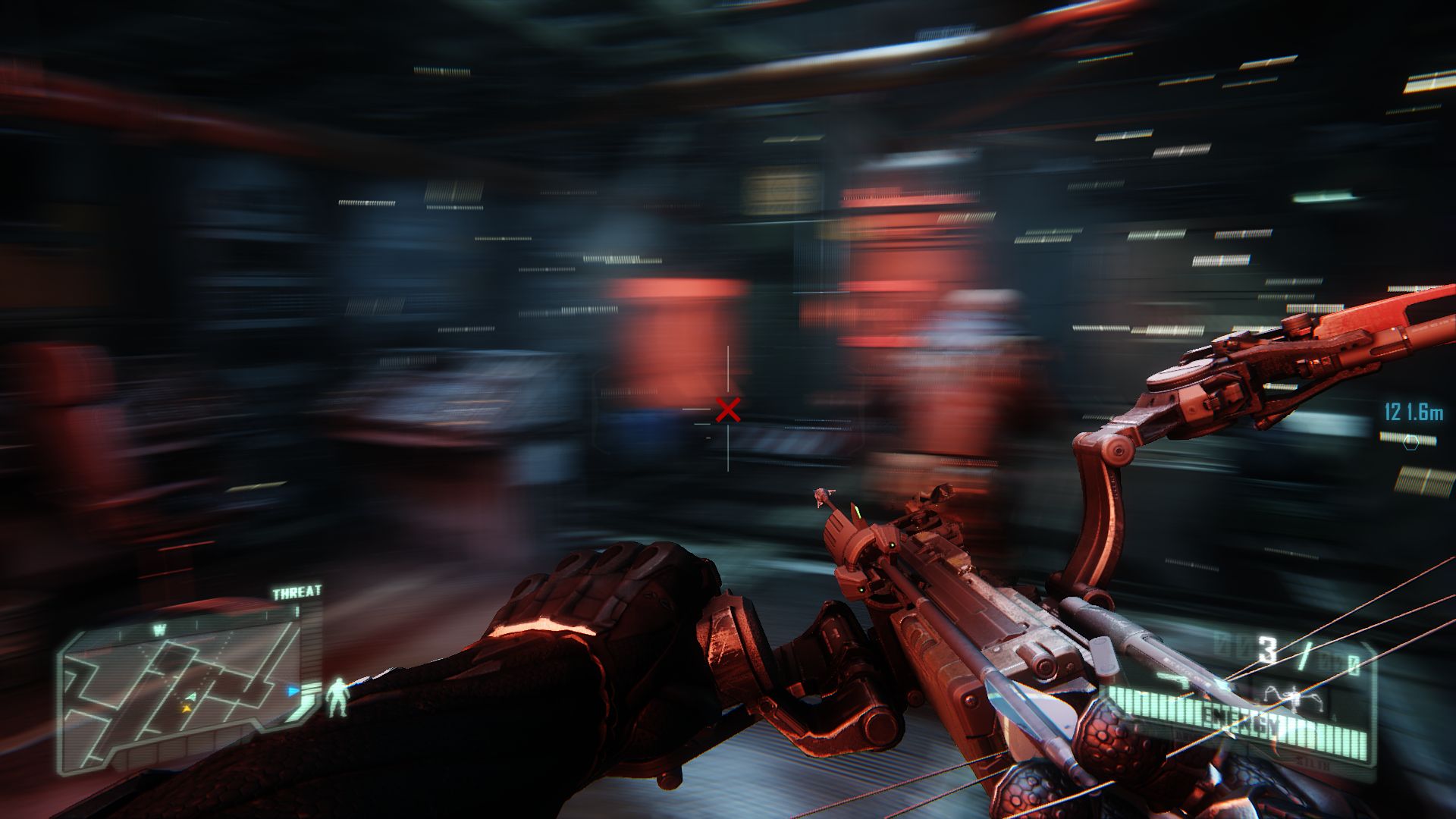
By Tom Senior
750,000+ readers
A humble masterpiece of a list feature from former online editor Tom Senior, this oldie criticized some of the trendiest and most overused graphical effects in games in the middle of the last decade.
The scary part is we still run into almost all of them today: I particularly pump my fist at Tom's critique of "eyeball grime" and chromatic aberration that both tried to make games look more like movies. "We've talked about the camera conceit that's responsible for many of these effects," Tom wrote. "Now imagine that you're not just a camera, but a broken rubbish old camera!"
After pointing to his villains, Tom did admit that some games use techniques like lens flare and film grain responsibly, but they're too often abused. I think we might be due for a 2024 update on obnoxious graphical effects in games today…
7. Inside the Skyrim sex modding community where almost no taboo is off limits: May 8, 2017

By Steven Messner
750,000+ readers
This excellent feature went through some unexpected turns on its way to publication, ultimately delving into the darkest corners of the Skyrim sex modding scene—where simulated beastiality is just the start—and investigating the psychology of the players who use those mods.
"At first I imagined my headfirst dive into the world of Skyrim sex mods would be an evening spent bumping uglies with werewolves or inciting orgies in Whiterun—and it largely was," Steven wrote. "But my quest to see what Skyrim's sex modding scene offered also opened the doors to far more controversial sexual content that I wasn't prepared for. This is a community that hasn't left many stones unturned."
6. Why I love the sense of regret in Life is Strange: January 18, 2017
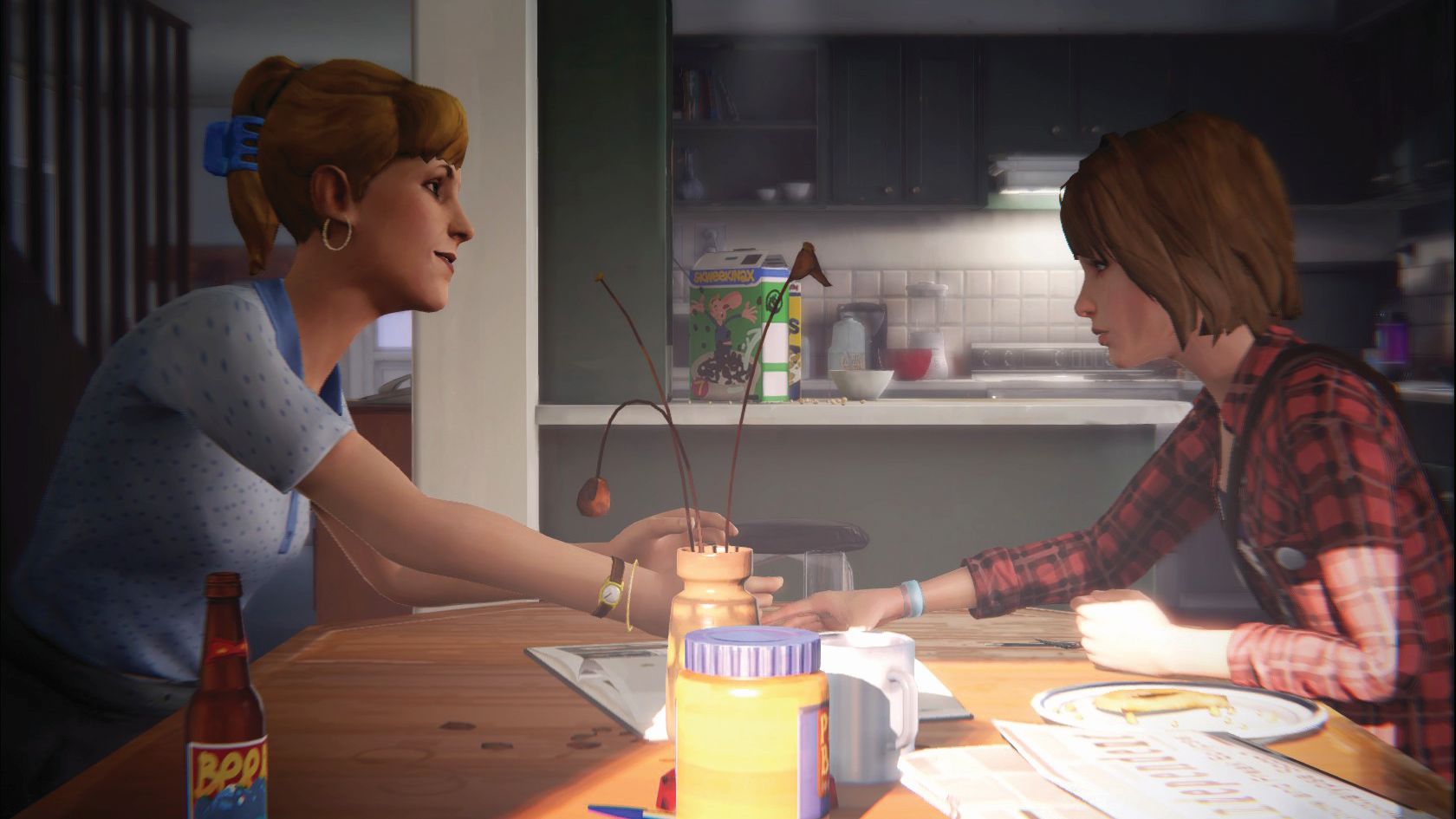
By Tony Ellis
1 million+ "readers"
This is a very nice entry in our long running "Why I Love" magazine column from longtime PC Gamer copy editor Tony Ellis. But here's the twist—nowhere near a million people actually read this article. For a period of months back in 2017 or 2018, this story would intermittently receive massive surges of bot traffic, suddenly becoming the most-read article on the site. I don't think we ever learned how or why it was happening. Some mornings I'd just log on and see "Why I love the sense of regret in Life is Strange" had racked up another 100,000 views or so. Completely bizarre! The mystery traffic eventually stopped, and this six-year-old short feature no longer lights up the charts, but it's still a nice read.
5. How many frames per second can the human eye really see?: January 19, 2017

By Alex Wiltshire
1 million+ readers
Weird that the fifth and sixth entries on this list were published just one day apart and had nearly identical traffic over the years—but this one wasn't due to a mysterious bot infestation. I set veteran features writer Alex Wiltshire out to bring some real science to the immortal gaming talking point of whether it's actually possible to differentiate between 30 and 60 fps, or beyond 144 fps. It's a deep dive into how our eyes process motion and how the psychology of human vision applies to videogames. The takeaway is the most thorough analysis of this topic I think anyone's ever written—I wanted it to serve as a Mythbusters-caliber reference folks could drop into any argument on the subject, and I think it succeeded. Though now that we have 360 Hz monitors, it might be time for a follow-up.
4. I've somehow been WASDing wrong my whole life: July 18, 2018

By Wes Fenlon (dats me)
1.4 million+ readers
I'm half bragging, half courting shame by highlighting one of the most popular articles I've ever written, in which I out myself as a PC gaming weirdo. People love this story and continue to read it every time we re-share it on social media—someone putting their fingers in the wrong place is apparently irresistible catnip for PC gamers. I'd like everyone to know that I still use my pinky on the A key; I've never managed the switch to keeping it on Shift after so many years of built-in muscle memory. I would like to offer a coda to this article, though: just last week, PC Gamer News Lead Andy Chalk revealed that back in the day he played Doom using QAZX for movement.
QAZX!?
"Middle finger QA, forefinger ZX. Pinky was on shift for running, and ring finger I honestly do not know," he said in our team Slack. I asked Andy where this revelation was five years ago when my WASD technique went viral, and he demonstrated the wisdom of his years: "I saw what happened and knew it was time to keep my mouth shut."
3. How to complete the Ranni quest in Elden Ring: February 28, 2022

By Sean Martin
5.2 million+ readers
A few people played Elden Ring.
No, but seriously: in PC Gamer's history, no guide has come close to matching the interest in Ranni the Witch's questline in Elden Ring. For months after release, this breakdown of how to meet Ranni and how she factors into Elden Ring's opaque story—culminating in one of the game's most interesting endings—remained in our top stories. We knew Elden Ring would be bigger than anything FromSoftware had done up until that point, but I always think about this guide when I reflect on just how spectacularly popular the game ended up being. There's bound to be some degree of repeat visits here, but I like to imagine that roughly one in four of the 20 million people who bought Elden Ring read our guide.
Can we take credit for more players seeing Ranni's secret ending than the normal one? I say yes. Who's gonna stop us?
2. The Witcher books reading order: where to start with the short stories and novels: June 4, 2018
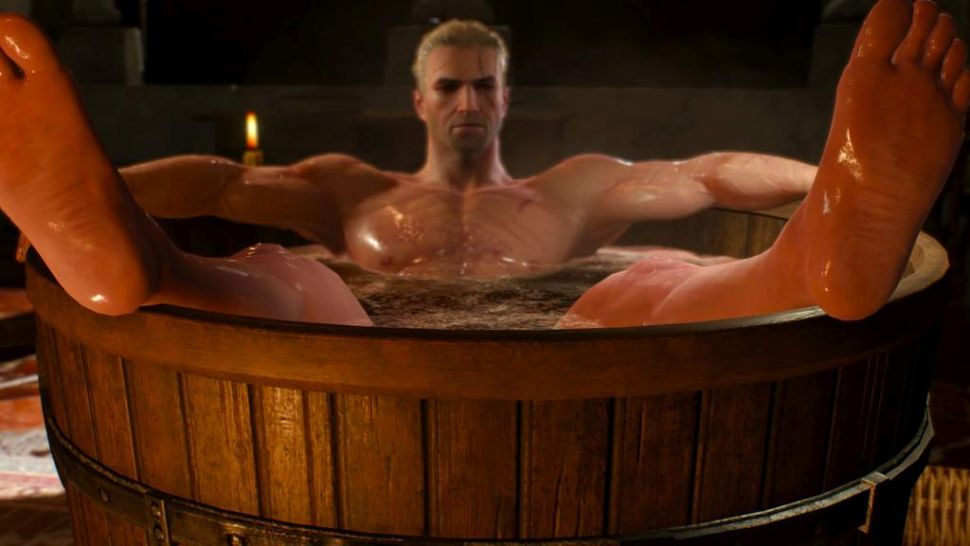
By Daniel Lipscombe, Rob Dwiar
5.6 million+ readers
You don't see reader numbers like this without Google traffic accounting for a big piece of the pie, and generally ranking well on Google doesn't make for a very interesting anecdote. But this is an exception in my eyes because when we first wrote this article, I never would've guessed interest in the Witcher novels would grow the way it did. Almost no one read this list for the first two years of its life, but when The Witcher's first TV season debuted on Netflix, it absolutely exploded. More than a million people came to this page in December 2019 and January 2020 and it retained steady interest for the following year, peaking again in the winter of 2022 with season 2. Though I think The Witcher's third season landed with a dud, this was the article that made me realize Geralt is now an international phenomenon outside games.
1. The best PC games: Since time immemorial

By: Many, many people
10.9 million+ readers
Some say that the URL "best-pc-games" actually predates the internet; early explorers of the digital frontier discovered it before the first homepage existed on the World Wide Web, confounding Sir Tim Berners-Lee. It somehow derives power and youth from a bottomless energy source, so as to remain vibrant, updated, and entertaining for each new generation of PC gamers who stumble upon it looking for recommendations on which Doom clone corridor shooter arena shooter tactical shooter twitch shooter massively multiplayer online first-person shooter free-to-play shooter looter shooter hero shooter battle royale boomer shooter they should play next.
When PCGamer.com wrested control of this sacred URL, best-pc-games was for years the home of our Top 100 list, an annual feature in the magazine focused on the 100 games we recommend in the current year. But a year is a very long time on the internet, so in 2018 we gave the Top 100 a distinct page and dedicated our list of the best PC games to a more frequently updated selection of what we're playing.
These days we keep it much shorter than 100 entries, highlighting our highest review scores from recent months as well as the multiplayer games we keep coming back to to play together. It turns out that the best PC games really are just the 10.9 million friends we made along the way.

Wes has been covering games and hardware for more than 10 years, first at tech sites like The Wirecutter and Tested before joining the PC Gamer team in 2014. Wes plays a little bit of everything, but he'll always jump at the chance to cover emulation and Japanese games.
When he's not obsessively optimizing and re-optimizing a tangle of conveyor belts in Satisfactory (it's really becoming a problem), he's probably playing a 20-year-old Final Fantasy or some opaque ASCII roguelike. With a focus on writing and editing features, he seeks out personal stories and in-depth histories from the corners of PC gaming and its niche communities. 50% pizza by volume (deep dish, to be specific).

